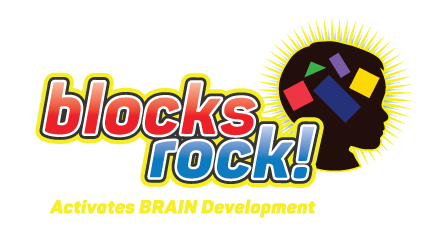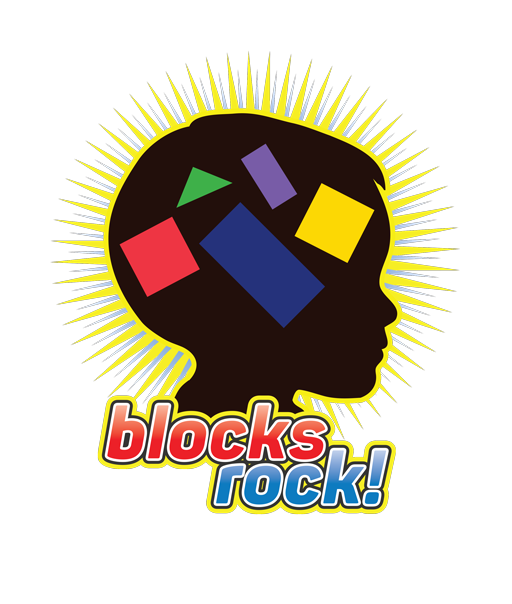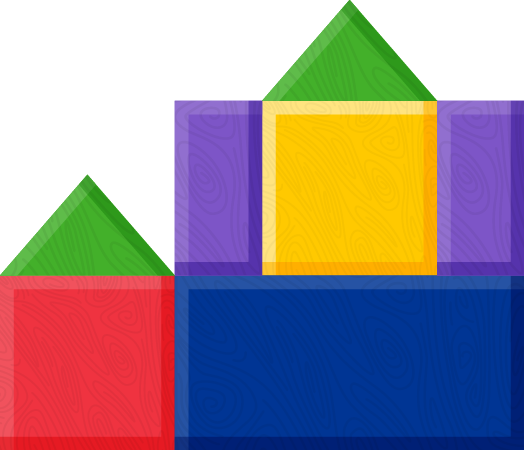News
July Child Brain Development Breakdown: Four Articles, Opinions, or Studies
We're summarizing four recent articles or studies on child brain development so you can feel helped, inspired, or challenged to put the news into action.
Have you ever wondered what recent studies and trusted sources are saying about helping your child develop? We’re breaking down four different articles, op-eds, or studies we’ve found that might help you, inspire you, or challenge you to put recent child brain development news into practice.
University of Sussex: Picture overload hinders children’s word learning from storybooks
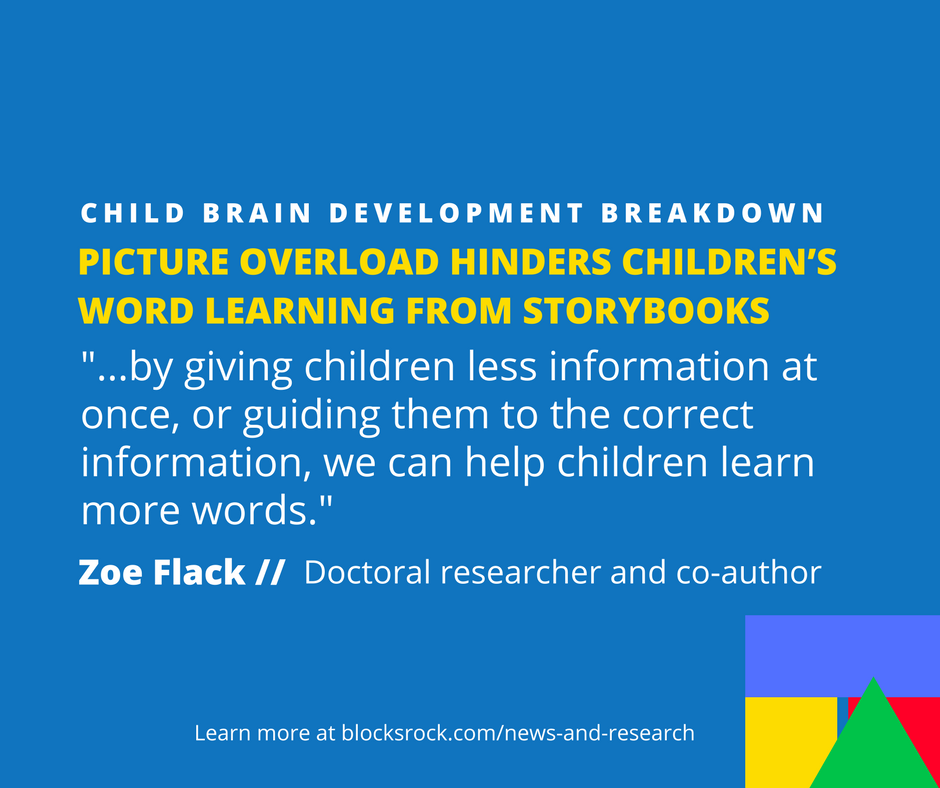
Even though publishers are creating colorful books to attract purchases, University of Sussex psychologists found that having more than one illustration per page results in poorer word learning among pre-schoolers.
This is the first study to examine how decreasing the number of illustrations increases children’s word learning from storybooks.
So next time you’re shopping for a children’s book look beyond the cover and count the images. Read more about the study by clicking here.
Sheffield Hallam University: Is it okay for children to count on their fingers?
For years, children have been told by their teachers, “Don’t count on your fingers!” However, a current research article found that using fingers in counting may be a more important part of math learning than previously thought.
Through a study, researchers found that combined finger training and number games can be a useful tool to support children’s understanding of numbers.
Read more about this study, here.
Indiana University Study: The Effect of Block Building on Mental Rotation Ability
Researchers in the Department of Psychological & Brain Sciences found that fMRI scan results showed areas of higher activation in the brain in the group that played with Blocks Rock! when compared to the control group that played another game.
These areas of the brain are believed to be involved in spatial analysis and spatial memory.
With block-building games, like Blocks Rock!, being played, students will develop higher spatial reasoning abilities. These students will have a higher likelihood of furthering their education and future careers in STEM.
Professor Douglass H. Clements & Professor Julie Sarama: Learning Math, Science, and Technology is Good for Preschoolers
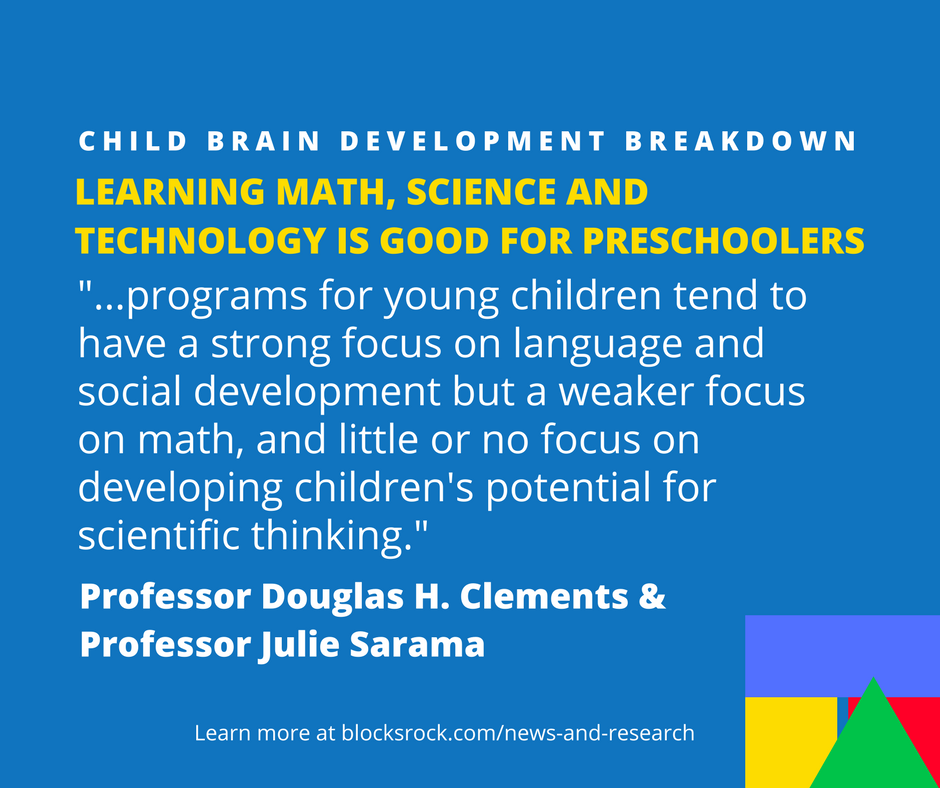
Professor Douglass H. Clements and Professor Julie Sarama have found through studies that young children show natural interest in the areas of math, science, engineering, and technology (STEM) and that it is good to harness that curiosity and begin teaching STEM lessons from a young age.
For their description on the importance of STEM in preschool and how to use learning trajectories to create more STEM lessons in class, click here.
